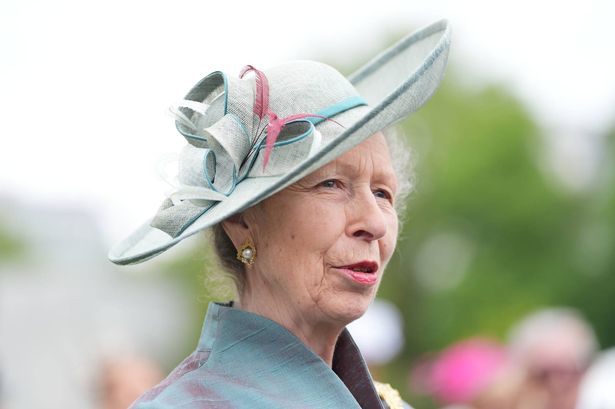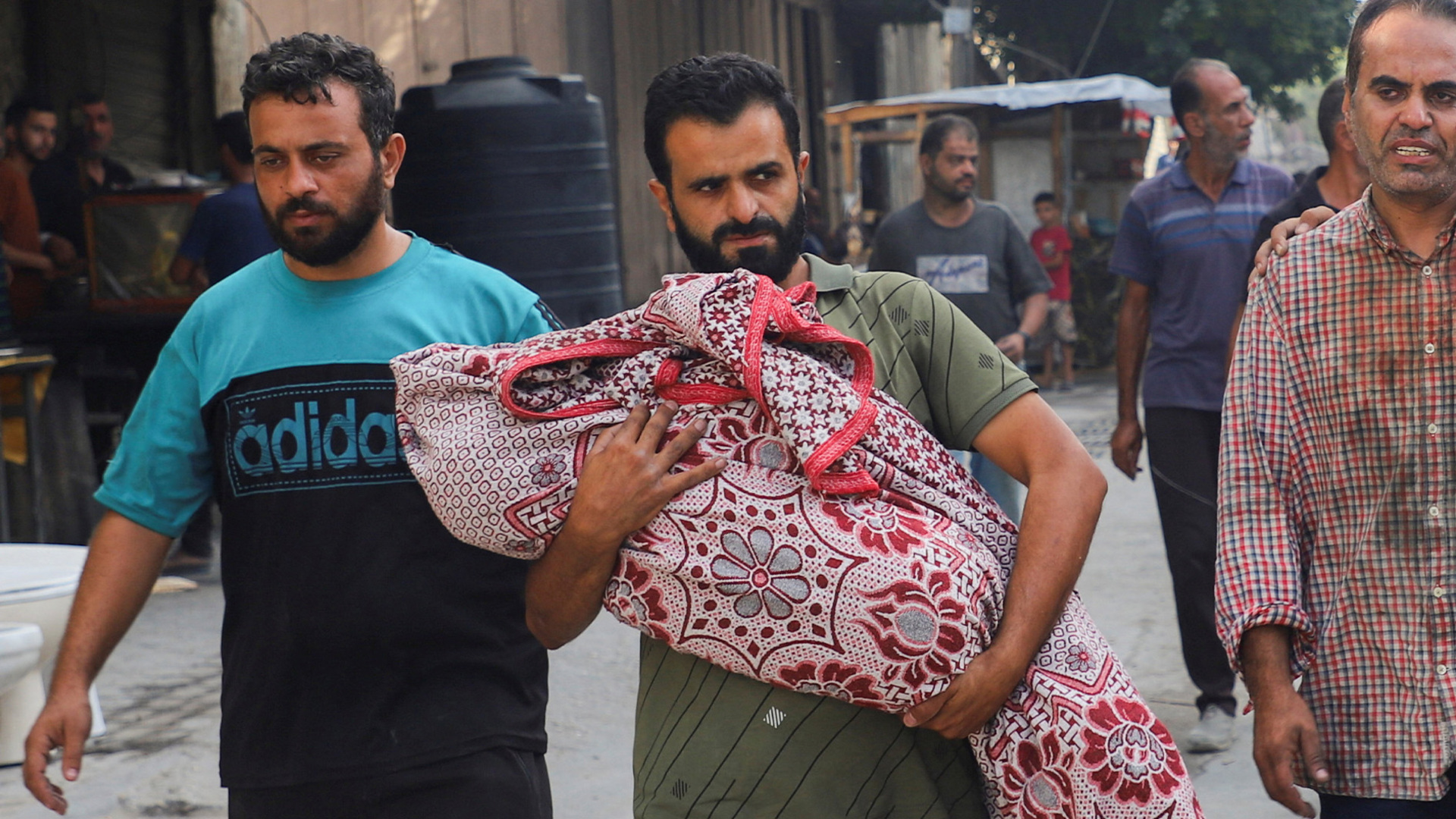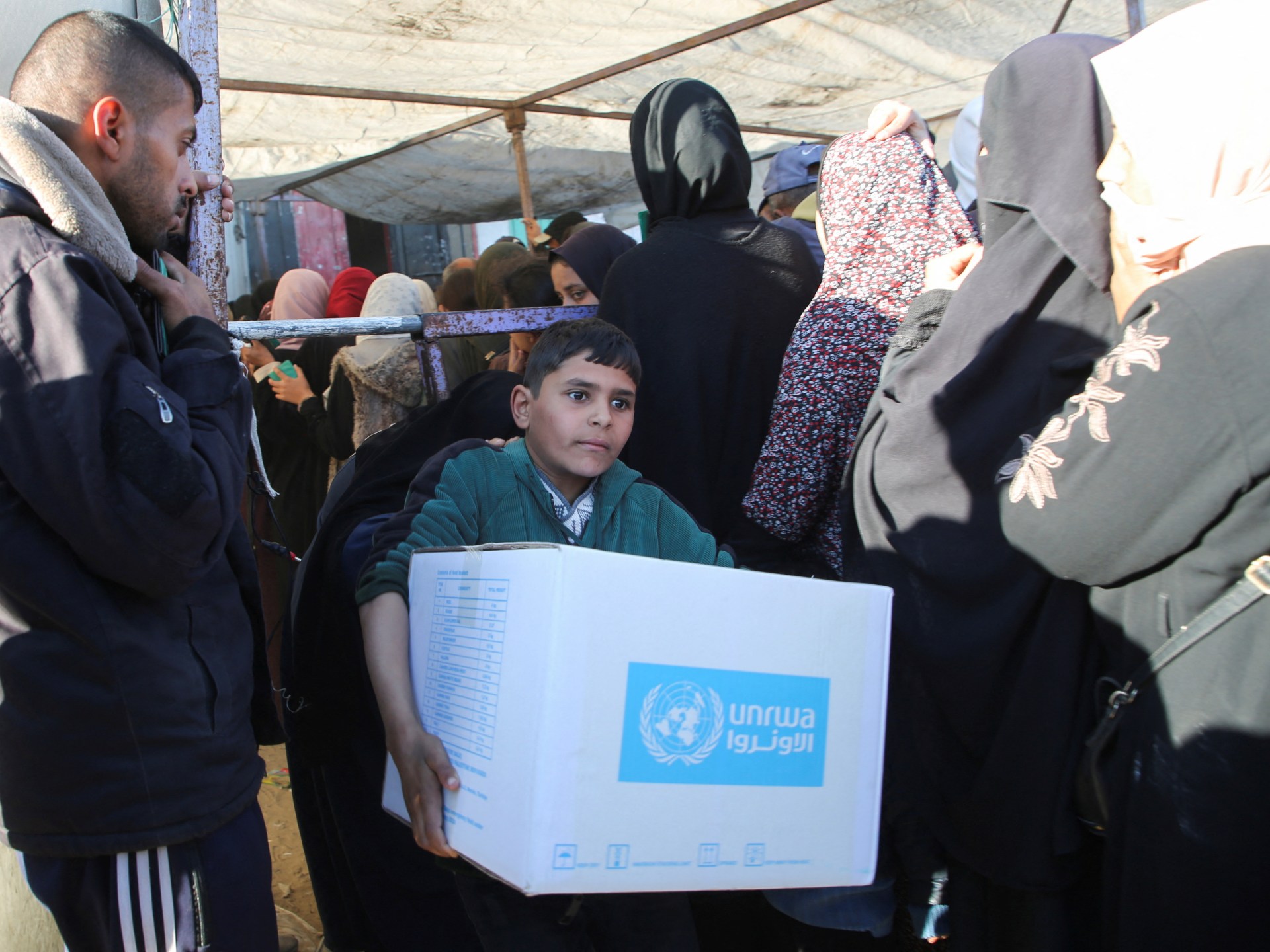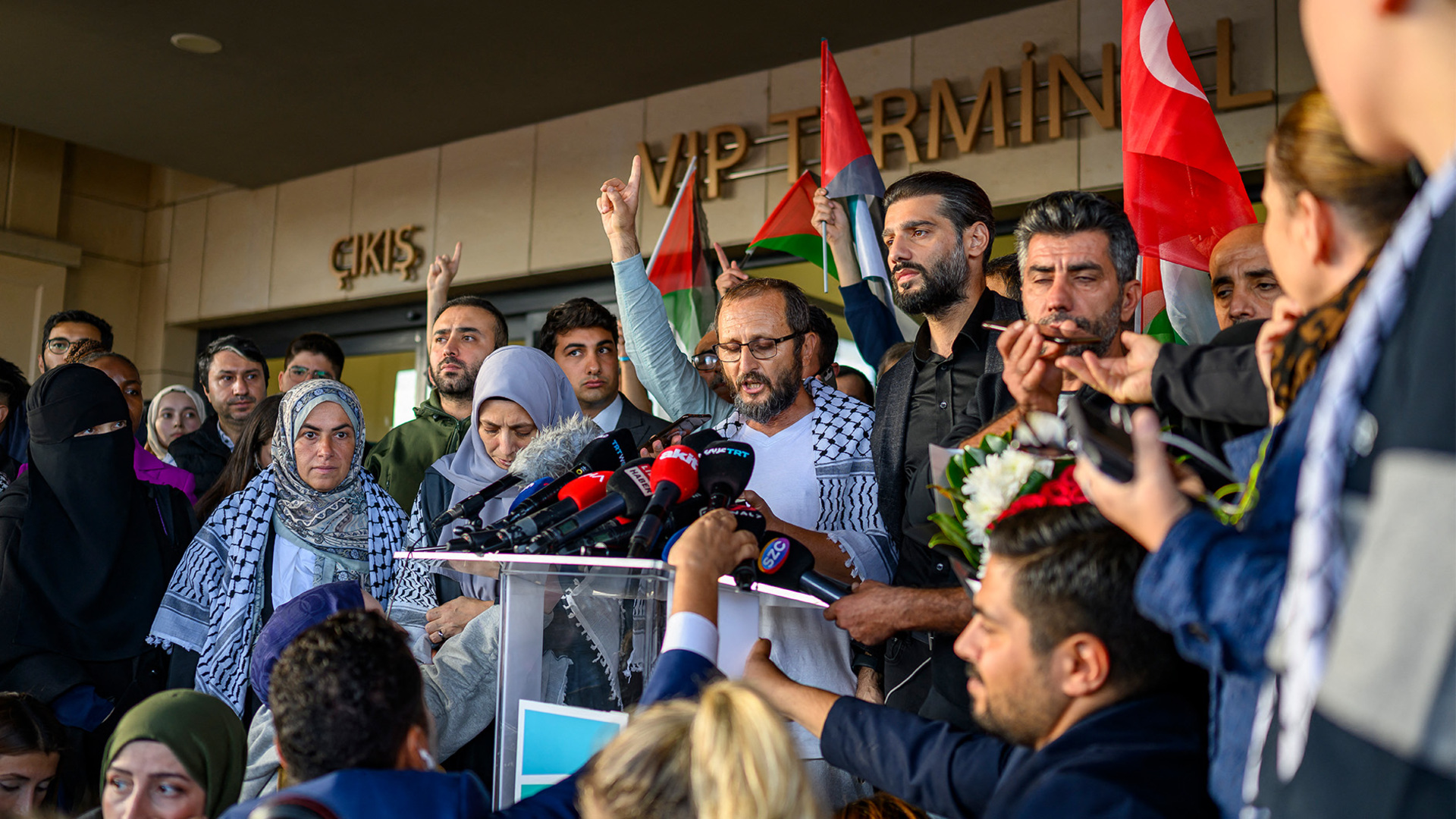Nearly two years after the UN voted in favor of the division of Palestine, the UNRWA was established. The only UN agency that focused solely on the Palestinians, the dispossessed population, existed and still exists.
UNRWA participated in almost every aspect of Palestinian life in the decades that followed, from food distribution to healthcare and education to utilities. The organization’s activities were hampered by Israeli pressure and were sidelined in the wake of the genocide in Gaza.
We need UNRWA to finish its work and put an end to the famine right now that a ceasefire is approaching. It is the only organization that can distribute aid fairly and effectively.
My family has always been a part of UNRWA. My siblings and I attended UNRWA’s schools, where we received free education under the guidance of devoted teachers. Additionally, my family frequently relied on UNRWA to provide food for us. We used to go to the agency’s clinics frequently as children to get primary care, get shots, and get basic treatment. Particularly for those who couldn’t afford private care, this service was always accessible.
UNRWA continued to offer services as best it could following the Israeli genocide that occurred in Gaza on October 7, 2023. Israel, supported by its Western allies, launched a fierce campaign against the organization, though. The Israeli government opened an investigation into the involvement of some UNRWA employees in the attacks in January 2024, and some of them were fired.
These allegations provided justification for Western donor nations, including the United States and members of the European Union, to stop funding UNRWA. At a time when Gaza’s two million people were almost entirely dependent on UNRWA’s resources, that had a significant impact.
The situation with aid started to improve after the ceasefire agreement was announced in January of this year. UNRWA was able to resume distribution of aid in a timely and just manner.
In each neighborhood, there were designated aid centers and clear schedules. Each family had to use their ID number to register in advance to prevent chaos. UNRWA would send them a message letting them know when they would arrive to pick up their parcels. When they arrived at the center, staff or volunteers would check their information to make sure no one was overlooked or given more than they deserved. Based on its size, each family would receive a food parcel. In the midst of extremely challenging circumstances, this system gave Palestinians a sense of calm.
Unfortunately, this circumstance did not endure. Israel resumed its genocide on March 2, when it stopped aid from entering the Strip on March 2. People once more had to deal with displacement and intolerable circumstances that they believed they would never be able to.
UNRWA announced on April 25 that its food stock had run out. We have since experienced yet another severe famine. More than a million people have been left with hunger and malnutrition after UNRWA and numerous other humanitarian organizations stopped conducting their aid efforts.
In response to Israeli claims that Hamas had stolen aid, the so-called Gaza Humanitarian Foundation (GHF) was established a month later.
GHF does not provide a structured distribution model like UNRWA. Its distribution centers are situated in dangerous locations, and the process is erratic. No registration, fair distribution, or schedules are present. People are permitted to rush in and get whatever they can because a small number of food parcels are just dumped in a fenced-off area every day. More than 2, 500 Palestinians who are in need of aid are currently killed by Israeli soldiers or foreign mercenaries who use live fire to “order.”
Israel has only permitted a small amount of aid to enter Gaza, with the majority of it being looted before reaching its intended destination, aside from the deadly aid at GHF. It started allowing commercial trucks as well in the late summer of that year. They sell products at exorbitant prices to merchants in all of their products.
The famine has continued unabated.
Every day, I witness children in my neighborhood rushing to a small, Palestinian charity-run takyah, which is a soup kitchen. These regional organizations typically use donations from abroad to purchase the small items sold at local markets. Rice, lentils, pasta, or soup are the main dishes. These meals are entirely dependent on families who can’t afford them.
Ironically, many of the same nations that had suspended UNRWA funding called for immediate action in August.
“Famine is brewing right before our eyes.” The statement from the foreign ministers of 19 EU member states, along with Norway, Switzerland, the United Kingdom, Australia, Canada, and Japan, read urgently.
However, these nations denied more than two million people their fundamental right to food by cutting funding for UNRWA and allowing Israel to destroy the organization.
They must reaffirm their support for the organization that caused such suffering and demand that Israel permit it to fully reopen its services if they are serious about ending the genocide and starvation.
UNRWA has always provided Gaza’s residents with a lifeline. In the midst of chaos, it was the only organization that gave us a sense of stability and hope. UNRWA would need to be reimbursed and protected in order for us to survive this genocide and what follows. It would be equivalent to allowing the extermination of Palestinians if Israel were to permit its destruction.





